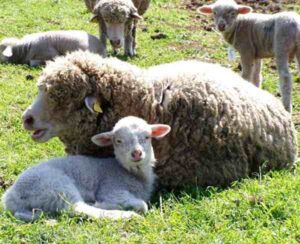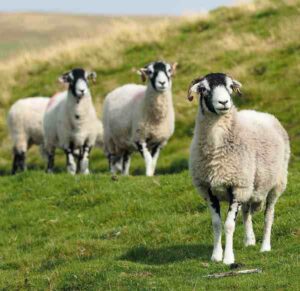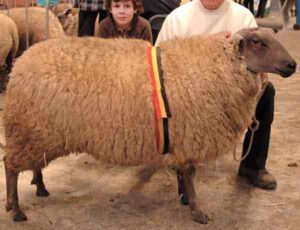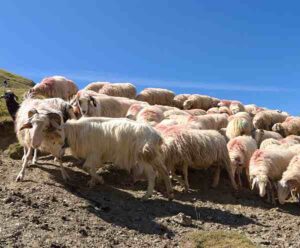The Tunis sheep is an ancient breed of domestic sheep. As the name indicates, this American breed’s connections to the foundation stock from Tunisia in Northern coast of Africa.
It is one of the oldest breeds of sheep, having descended from ancient fat-tailed sheep referred to in The Bible.
The breed is known by some other names such as Tunisian Barbary and American Tunis. North African sheep were imported to the United States as a gift by the Bey of Tunis to George Washington in the late 1700s.
References to these sheep appear in journals, letters and farm records of some of the leading agriculturists and citizens of the day.
A uniquely American sheep breed was created from this stock gradually. The Tunis sheep were a recognizable breed by the late 18th century to early 19th century.
And it is one of the oldest breeds of livestock developed in America. The breed spread throughout the mid Atlantic and southeastern United States.
And it was well adapted to the heat and humidity of these regions. However, read some more information about this old breed of domestic sheep below.
Tunis Sheep Characteristics
Tunis sheep is a large breed with slender head and pendulous ears. The lambs are robust at birth and are warmed by a double coat, which is a darker shade of red on the surface.
White spots on the tip of the tail and on the top of the head are common. They have creamy white fleece, which appears as the lamb matures.
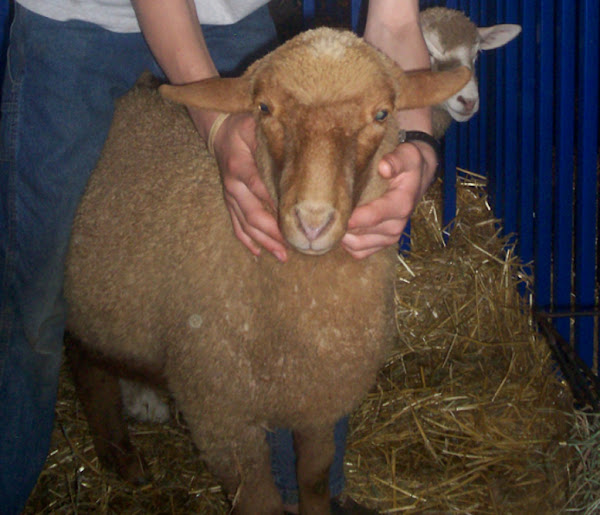
Wool of these animals is lustrous and long-stapled, measuring four to six inches. Their head, ears and legs are usually of red color. Both rams and ewes are naturally polled.
Average live body weight of the mature Tunis sheep is between 80 and 100 kg. And the lambs weight 3 to 5 kg at birth. Photo and info from The Livestock Conservancy and Wikipedia.
Uses
The Tunis sheep are a dual purpose animal. But today they are raised mainly for meat production.
Special Notes
The Tunis sheep is a very docile animal. They are well known and valued for very high quality meat production.
Market lambs are economical to raise and produce very high quality carcasses with excellent meat to bone ratios. They produce medium-grade wool, which turns white during processing.
The ewes are excellent milkers, and are very fertile and prolific. They consistently produce twins and make attentive mothers. They are good grazers and easy keepers.
They are very good to thrive in forage based production systems. Review full breed profile of the Tunis sheep in the following chart.
| Breed Name | Tunis |
| Other Name | Known as Tunisian Barbary and American Tunis |
| Breed Purpose | Meat |
| Special Notes | Very hardy and strong, docile, well known and valued for very high quality meat, excellent meat to bone ratios, produce medium-grade wool, ewes are excellent milkers, very fertile and highly prolific, good grazers and easy keepers, good to thrive in forage based production system |
| Breed Size | Large |
| Weight | Vary from 80 to 100 kg |
| Horns | No |
| Climate Tolerance | Native climates |
| Color | Creamy white |
| Rarity | Common |
| Country/Place of Origin | Tunisia |

